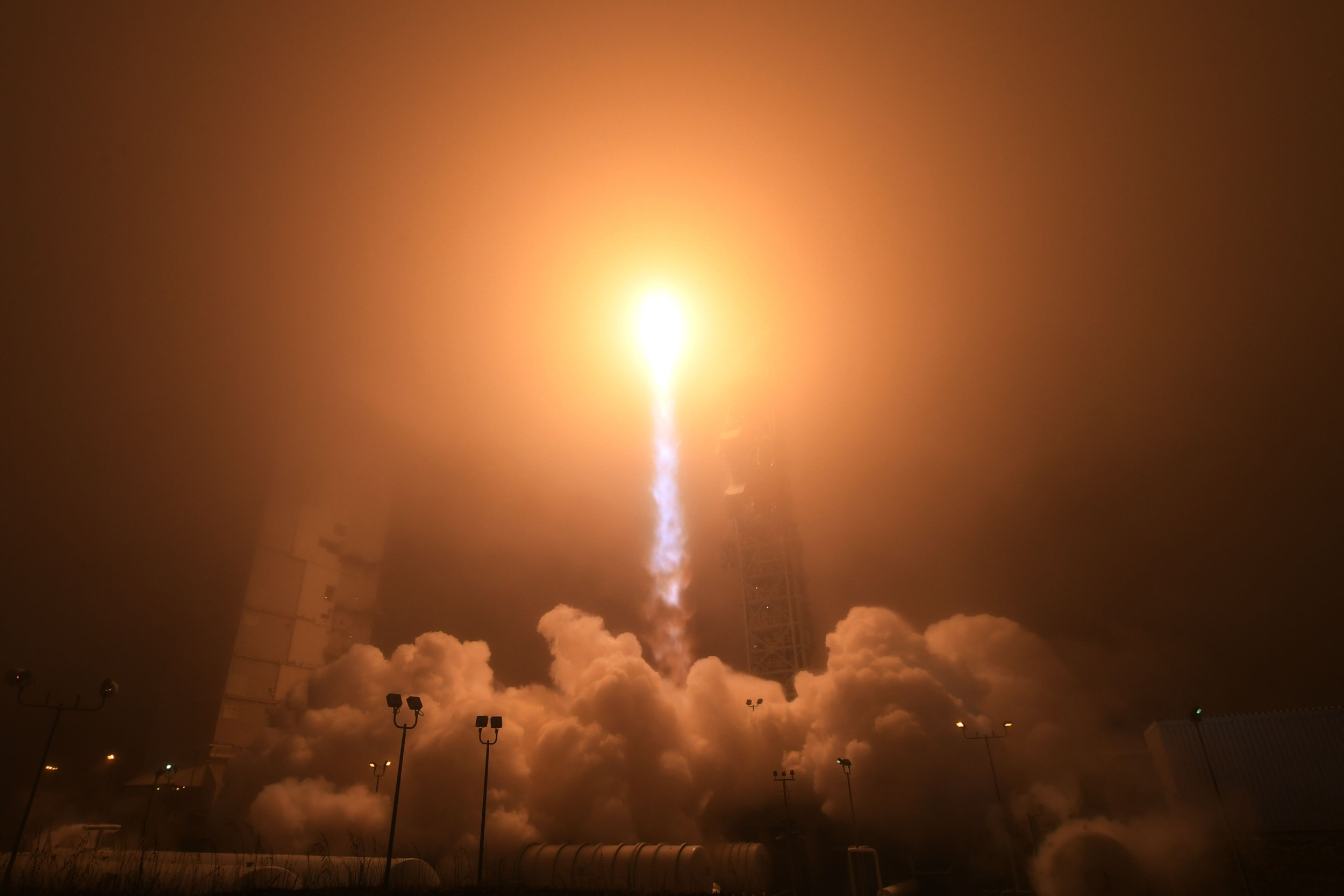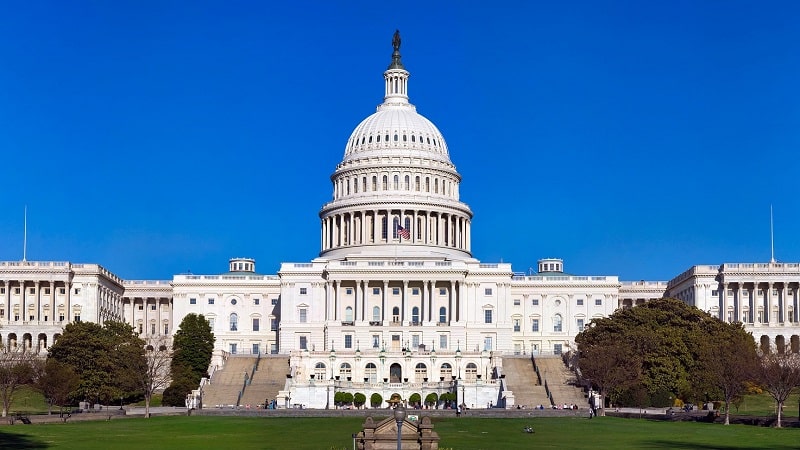






In the evolving landscape of scientific research funding in the United States, bipartisan support is crucial as private funding from billionaires now surpasses federal funding by more than three times. This trend raises concerns about the implications for public interest science and the integrity of research [0b7965b7].
Dr. Lara Zibners, in a recent analysis, argues against the National Institutes of Health (NIH) funding freeze, highlighting its significant contribution of $92.89 billion to the U.S. economy in 2023 and the production of over 170 Nobel Laureates. She recalls a past attempt to cut NIH grants in 2003, which was opposed by Congressman David Obey, emphasizing the historical importance of maintaining robust funding for healthcare innovation [4c2fe531].
Matt Beckman, in a recent opinion piece for the Minnesota Reformer, underscores the importance of defending scientific research funding, particularly in Minnesota. He highlights the significant role of the NIH and the National Science Foundation (NSF) in supporting the local economy. In 2023, Minnesota received approximately $718 million in federal funding, generating an impressive $1.7 billion in economic activity [235379e9].
Zibners shares her personal experience of preparing for an NIH grant pitch, only to have it canceled at the last minute. She emphasizes the economic necessity of investing in healthcare innovation, noting that the average cost to bring a drug to FDA approval is $4.3 million. She cites that for every $100 million in NIH funding, 76 patents are awarded, leading to nearly $600 million in additional R&D funding [4c2fe531].
Beckman notes that the Mayo Clinic received $278 million in NIH funds in 2024, underscoring the critical impact of federal funding on healthcare institutions. However, he warns that recent actions, such as President Trump's pause on NIH work on January 21, 2025, which affected grant reviews, could jeopardize this vital support. He calls for state leaders to advocate for full funding of public health agencies to prevent potential tuition increases and ensure continued investment in scientific research [235379e9].
As the Senate Appropriations Committee recently approved the Commerce, Justice, and Science (CJS) appropriations bill for FY2025, which includes a substantial increase in funding for science and technology programs, the role of federal funding remains crucial. The bill allocates $11.2 billion for science and technology, with $9.55 billion going to the NSF, reinforcing the importance of government support for long-term innovation and public health [fd7bdcdc].
Robison's article notes that historical successes of U.S. government-funded science, such as the Human Genome Project, yielded an impressive 141:1 economic return. However, current federal science funding has decreased from 1% of GDP in the 1960s to only one-third of that today [62929b52]. The Global Innovation Index 2023 also noted a 40% decline in venture capital investment despite historic levels of scientific publications and patents [fdd03b08].
Three challenges to federal science funding are identified: the Ester Dean Effect, the Bamboo Pattern, and the Gila Monster Conundrum. Recent shifts in Republican attitudes towards science funding may create a rare bipartisan opportunity for increased investment in basic R&D, particularly as Trump's administration focuses on economic competitiveness and innovation, exemplified by initiatives like Stargate, a $100 billion A.I. initiative [62929b52].
The increasing influence of billionaires in dictating the science agenda could exacerbate existing imbalances, especially under administrations that may favor private interests. Calls for the Scientific Integrity Act have emerged to protect research from political interference and ensure equitable access to scientific data [0b7965b7]. As the CJS bill moves forward, it reflects a bipartisan commitment to maintaining U.S. leadership in science, while also underscoring the need for qualified oversight in federal science funding to safeguard the integrity of research [fd7bdcdc].
Moreover, the memo emphasizes the importance of inclusion, relevance, and sustainability in innovation, particularly in light of pressing issues like climate change, which saw 2023 as the first year to exceed a 1.5°C increase in global temperatures. Recommendations include supporting Emerging Research Institutions (ERIs) and Minority Serving Institutions (MSIs), enhancing access to financing, and shifting to a systems change orientation to foster a more inclusive innovation economy [fdd03b08]. The Bayh-Dole Act has generated nearly $1.3 trillion in economic output, highlighting the potential of federal investment in innovation and climate solutions [fdd03b08].
In a recent analysis by James Pethokoukis from the American Enterprise Institute, it is argued that American public policy should significantly increase government and private-sector R&D investment. During the 1960s, U.S. R&D spending was just under 3% of GDP, with government at 2% and business at 1%. Today, R&D exceeds 3% with reversed investment shares. Each dollar invested in R&D generates $5 in benefits, and doubling R&D spending could raise U.S. productivity growth by 0.5 percentage points annually. Pethokoukis also notes that federal agencies often underestimate the impacts of R&D, suggesting that public funding creates a pipeline for private innovation and captures only half the value of knowledge spillovers. Despite the CHIPS and Science Act authorizing $26.8 billion for FY 2024 and $28.8 billion for FY 2025, appropriations fell over $7 billion short in FY 2024, while global competitors like China continue to increase their R&D investments [32703ba6].